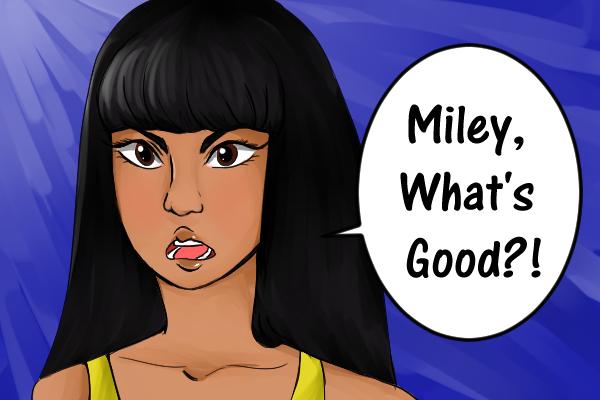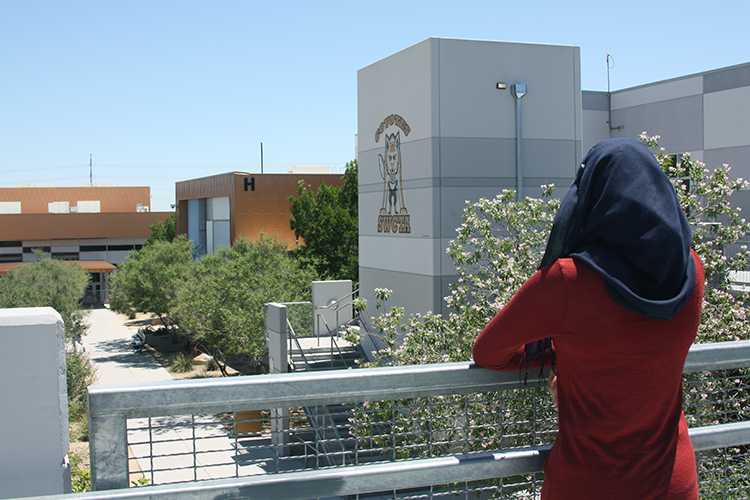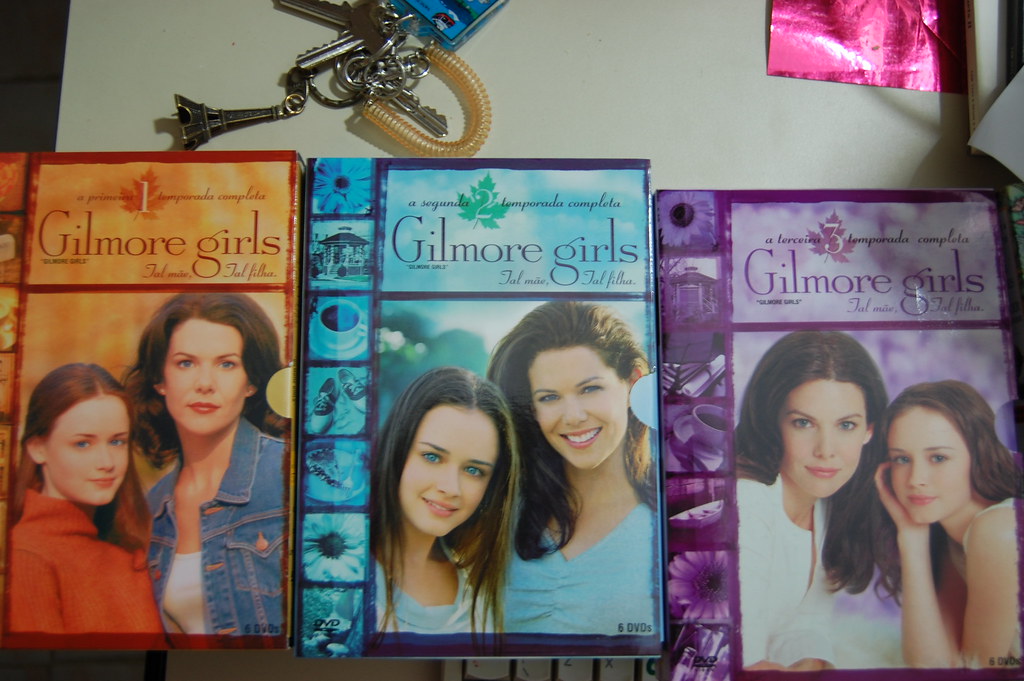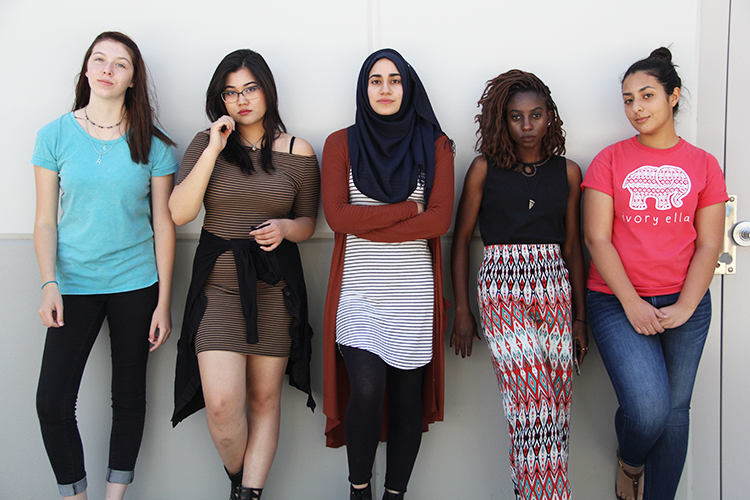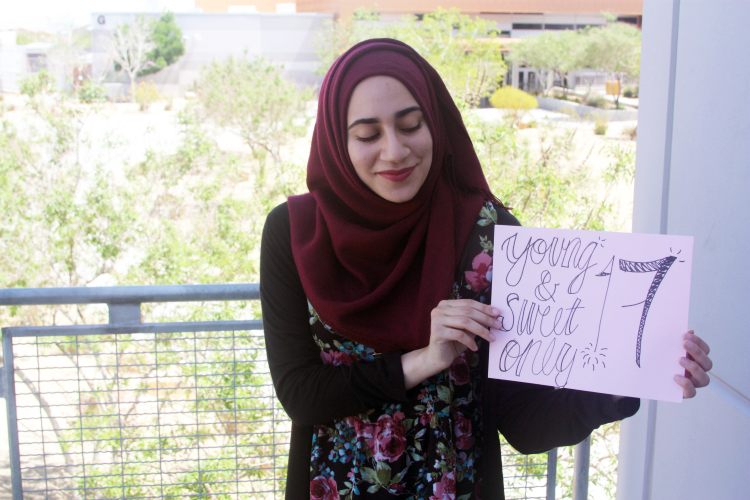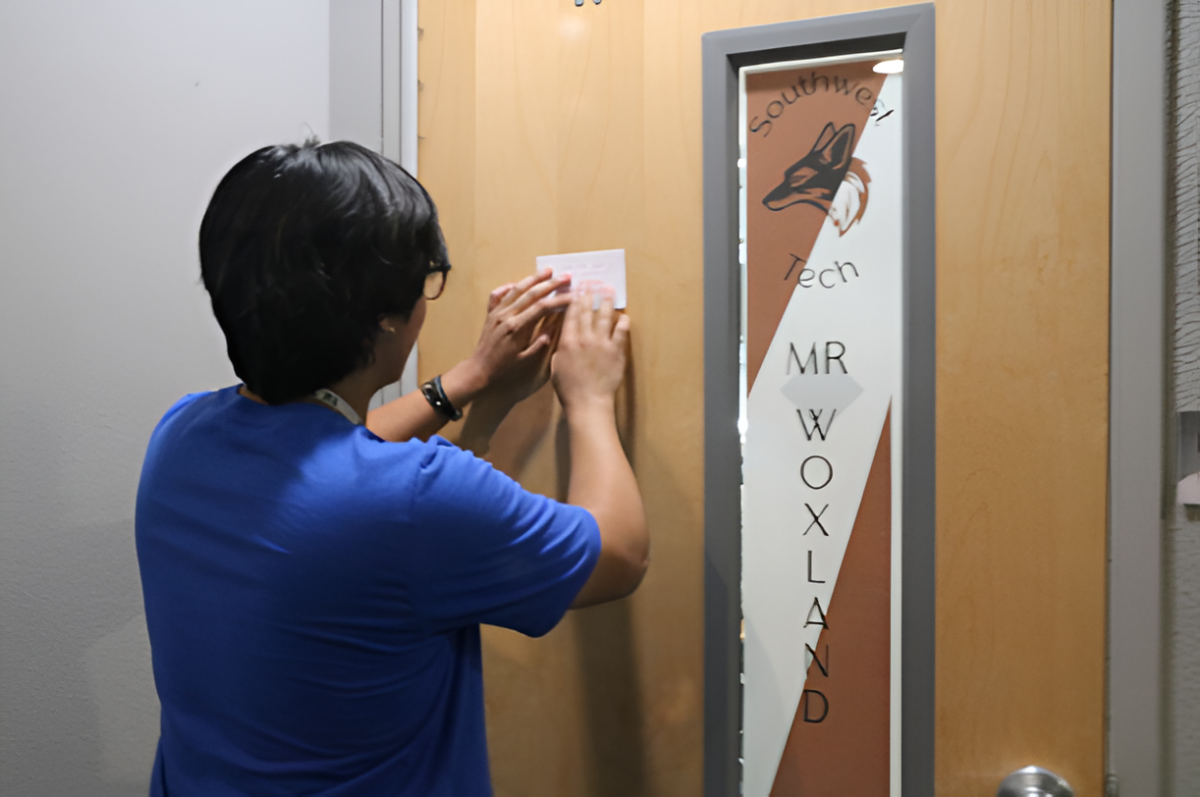Last month’s MTV Video Music Awards, as always, was chock-full of startling moments— the kind that warrants discussion for days, and even weeks after the event.
Hands down, the most talked-about moment was Nicki Minaj’s call-out of Miley Cyrus, after a tumultuous exchange in the press climaxed with a simple: “Miley, what’s good?”
“Minaj was speaking for an entire demographic and demanding that her voice be heard, rather than brushing off yet another instance in which artists are victims of systematic racism.”
Minaj was referring to an interview of Cyrus regarding comments the American singer made in response to the misunderstanding between Minaj and Taylor Swift over Twitter.
Minaj was speaking for an entire demographic and demanding that her voice be heard, rather than brushing off yet another instance in which artists are victims of systematic racism.
Personally, I think Cyrus deserved what was coming to her; when addressing the issue of Minaj not receiving a nomination for Video of the Year, she brushed off Minaj’s valid criticisms of the music industry—such as erasure of people of color (especially women of color) and women with body types that differ from the slim-bodied industry standard— as Minaj “whining about not getting her VMA nomination.”
In an interview with the New York Times, Cyrus said: “You made it about you…that’s like ‘Eh, I didn’t get my V.M.A.’” She expanded further by saying that if Minaj wanted to make it about race, there was a way she could do that. However, Cyrus clearly must not have read Minaj’s tweets too carefully.
When Cyrus was asked about the situation in the press, she missed the point. Whether Minaj called her out publicly on stage just to stir up drama is irrelevant; Minaj was speaking for an entire demographic and demanding that her voice be heard, rather than brushing off yet another instance in which artists are victims of systematic racism (Systemic racism occurs when the way a society is structured systematically ends up giving advantages to some and disadvantages to others).
Kanye West (who frequently speaks out on the issue of artists of color lacking recognition) and Minaj are not just acting out because it brings them attention or improves ratings. They are bringing attention to the inequality that exists within the entertainment world every bit as much as it does within America in general.
These are artists who refuse to let the systematic racism within the entertainment industry go unnoticed any longer.
The instance at the 2015 Grammy Awards or Minaj’s discussion of VMA nominations via Twitter were not the random outbursts of ungrateful entertainers. These are artists who refuse to let the systematic racism within the entertainment industry go unnoticed any longer—who are unwilling to stand idle by while their peers who hold the same (and if not, higher) level of cultural relevance as white artists in the same category go unrecognized or unrewarded for their impact.
West’s repeated message, “Listen to the kids!” during his 13-minute speech is his way of saying that when voting lies in the hands of the adolescents, people of color are more likely to receive awards and gain recognition than when the aged members of the academy determine who is to receive a Grammy, Oscar, Emmy, etc.
The issue at hand goes far beyond celebrity drama; it addresses an issue of race that roots back far beyond the VMAs or even the entertainment industry as a whole. By bringing these issues forefront, these artists are taking steps toward solving them. I stand with Nicki Minaj.

